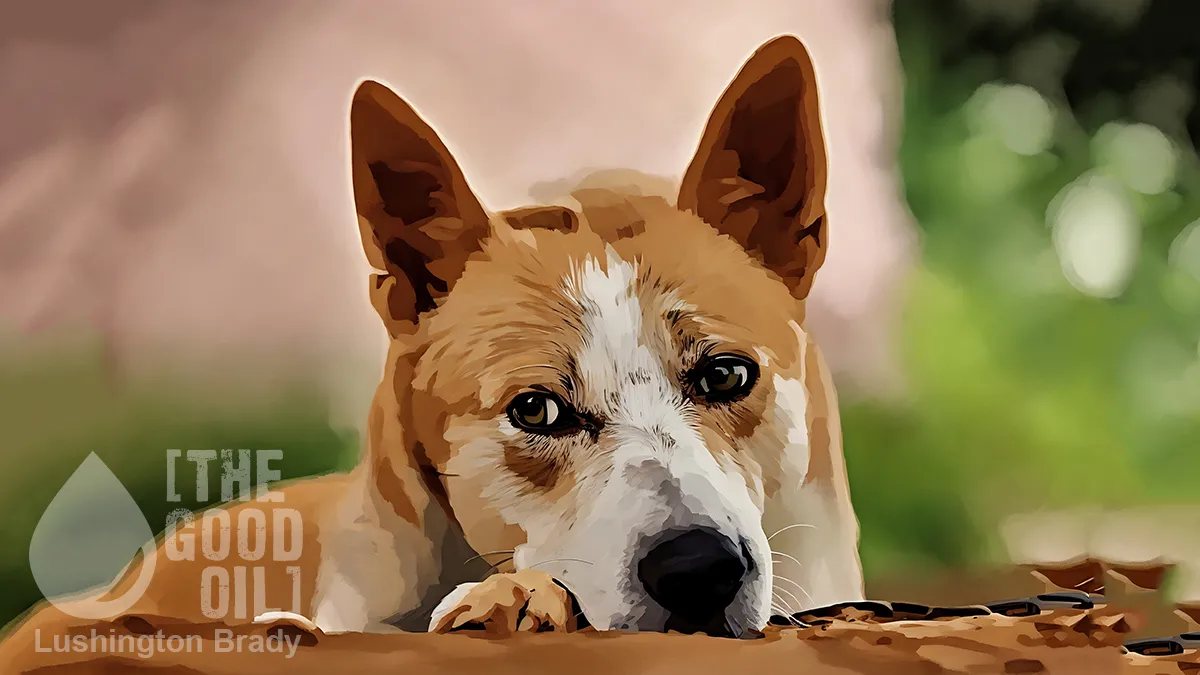Table of Contents
Sue Reid
Sue has 25 years’ book-industry experience and is also a Family First NZ board member.
Paku Manu Ariki Whakatakapōkai won the Best Picture Book award at the New Zealand Book Awards For Children and Young Adults 2024. I am always curious about award winners, especially New Zealand prizes, and have been an advocate for great books for children and young adults for nearly 30 years. Book awards should take into consideration: flowing, comprehensive age-appropriate text, context, design, colour [and] creativity to spark imagination or to convey a truth.
The spotlight can often fall on a title that challenges the normal criteria and this year it is Paku Manu Ariki Whakatakapōkai, published by boutique publisher Gecko Press. Concerns rolled in from parents about some odd pages and, because I look at a book in its entire context, it was worth an investigation.
Paku Manu Ariki Whakatakapōkai is ad hoc, confusing, and lacks flow of a storyline. It’s not poetic but rather a collection of random thoughts and pieces of ideas designed to communicate a worldview akin to Critical Race Theory.
Yet, the award convenors describe the books as “groundbreaking, deeply creative, completely original – the story comes from the mouth of a child…” That alone can be debated and the ideas espoused are indicative of a worldview being woven by an adult into the child’s imagination. It can simply be described as reverse racism.
There’s no logical, flow of the tale that leads to the controversial pages that say “My dad is Māori, like me. I feel sorry for my mum she’s only Pākehā.” Or, “I don’t like people who think they are the boss of the world. I will climb through the television and hit them over the head with a big stick. I can do anything. I can build flying ships. My best friend and I will fly over there and smash the boss of the world on the head like the moon.” The illustrations are naïve and serve to reinforce the adult strength of the text.
From my experience, violent scenes or language in its correct context and for purposes of an age-appropriate tale often feature through children and young adults’ books. But on this occasion, my challenge to the award-winning authors and judges of our New Zealand Children and Young Adult Awards is that this particular book has some token nods to the current social activism, but the flow of the tale is nonsensical. One might assume that the more controversial a title, the more chances of an award and praise – this ignores the innocence and creativity that must be guarded when it comes to literature for children. This is not a new controversy in the children’s book awards, after Into The River by Ted Dawe was a recipient in 2012 but the book featured inappropriate, gratuitous language, sexual encounters and fell short of the what was appropriate for the age range of the award.
Many schools and early childhood education centres purchase award-winning book lists each year with an assurance that they are purchasing loved, quality books that have been through a rigorous publishing process. By awarding poorly written but politically charged books, the industry and the awards are in danger of losing credibility that has been hard fought for over many years and we risk sponsorships and trust.


This article was originally published by Family First New Zealand.









